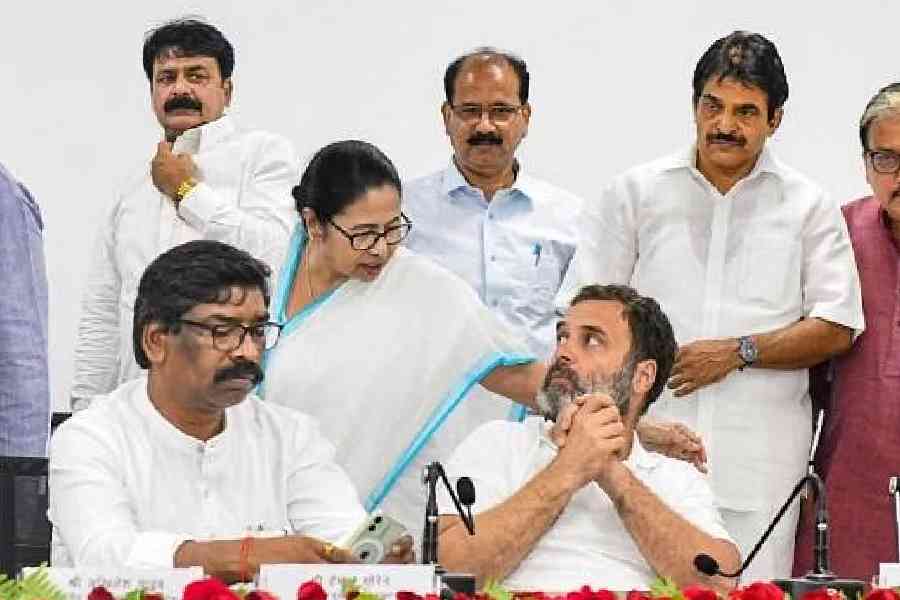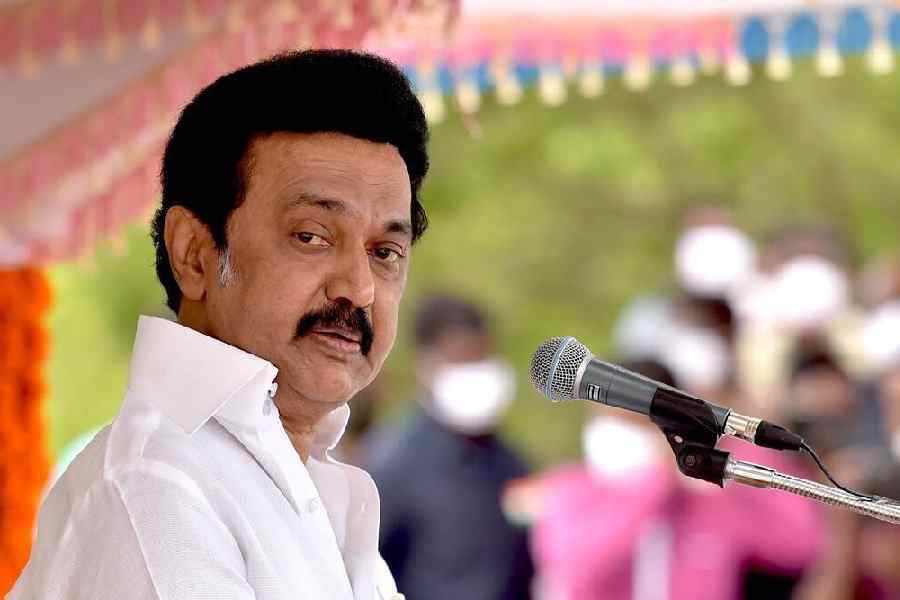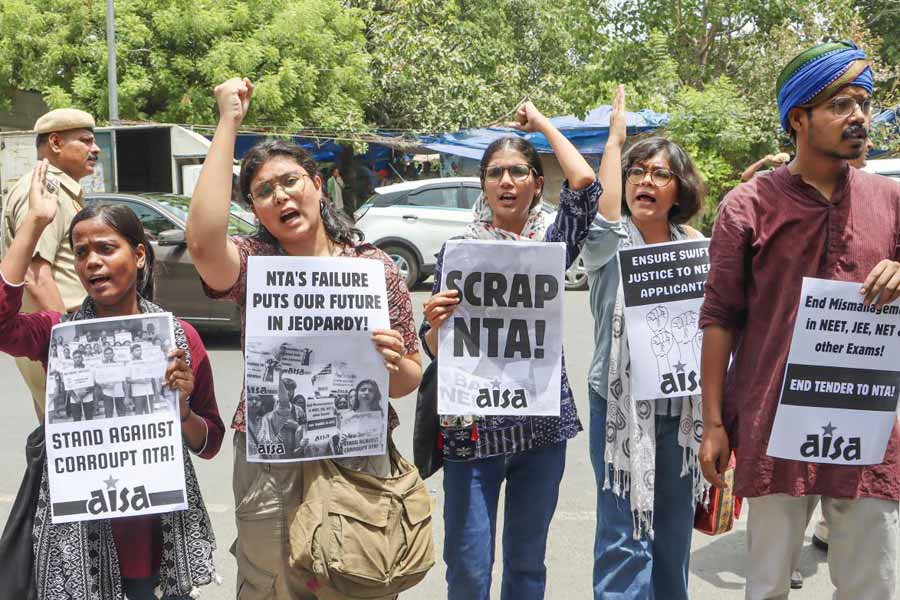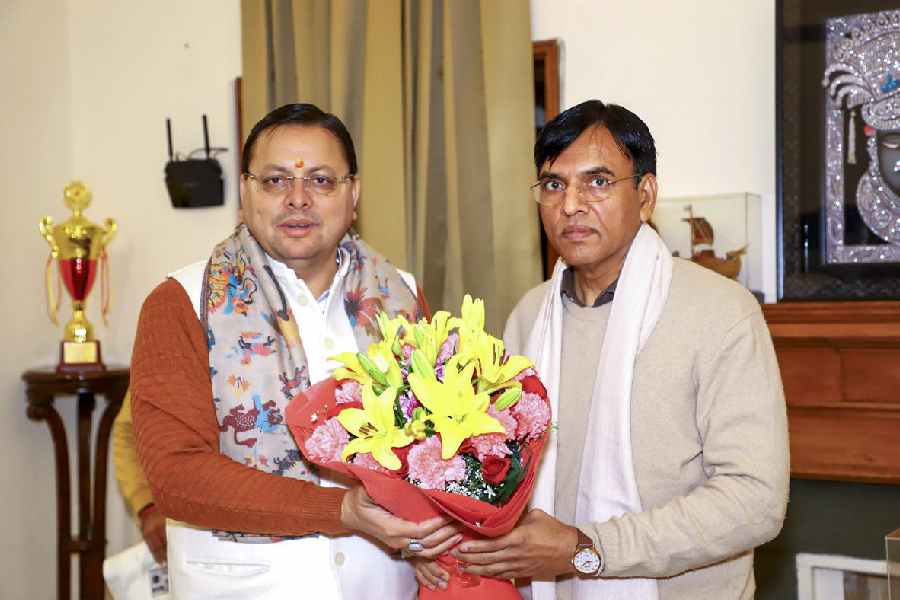New Delhi/Patna: The first meeting of major Opposition parties that took place in Patna on Friday sowed the seeds of unity, resolving to clear the hurdles on the ground at the next such interaction in Shimla next month.
Given the political complexities and mutual distrust among some of the parties present, the outcome — unity of purpose — is not an insignificant achievement. A meeting that was to merely break the ice has given birth to a resolve to unite and fight the 2024 parliamentary elections together.
Top leaders, from Rahul Gandhi and Mamata Banerjee to Akhilesh Yadav and Uddhav Thackeray, unambiguously declared they will overcome mutual differences and stay together to pose a united challenge to the BJP. The chorus arising from Patna, where several mass movements that changed the nation’s destiny have germinated, was: Evict Modi.
The determination is exceptional because every leader at the meeting emphasised that the purpose of unity was not to grab power but to save India’s democracy from the machinations of the RSS-BJP. There was a clear understanding of the nature of the threat that the Narendra Modi government poses to the country and the need to make the political sacrifices required to forge solidarity among like-minded parties. Barring an immature outburst by the Aam Aadmi Party (AAP), which prioritised its parochial interest over the national project, the meeting went off better than the modest expectations.
Almost all leaders, including Mamata who is sympathetic towards Arvind Kejriwal, did not approve of AAP’s blackmail tactics and hailed Rahul for handling Kejriwal with grace. One leader said Kejriwal was demonstrating the belligerence of the Anna Hazare movement.
This comment prompted M.K. Stalin, Omar Abdullah and Mehbooba Mufti to point out that they had travelled thousands of kilometres to evolve a national strategy which cannot be derailed by a local concern.
Rahul set the tone by stressing that it was an ideological battle against the RSS worldview and that every party would have to show flexibility despite political and personal differences. Arguing against bringing political baggage of the past, Rahul said all parties would have tocome with a clean slate “when we have to fight Narendra Modi”.
This was much appreciated at the meeting. Tejashwi Yadav said future strategies cannot be defeated by past experiences.
Rahul expressed his party’s readiness to make sacrifices to achieve a meaningful coalition and hoped the process will get deeper and more substantive at the next meeting.
Host and Bihar chief minister Nitish Kumar hoped the Shimla meeting, probably on July 10 or 12, would give the coalition final shape.
Former Maharashtra chief minister Uddhav Thackeray said: “We are different parties and differences are bound to be there. But the country is one. We are together to protect the country; we will collectively resist the attacks on the Constitution.”
NCP chief Sharad Pawar hoped the larger national interest would help parties overcome their mutual differences.
While Samajwadi Party chief Akhilesh Yadav described the meeting as a political renaissance, CPM leader Sitaram Yechury said the battle was about protecting the character of India from turning into a fascist Hindutva state.
While unity of purpose was the overriding concern, the leaders also discussed a common agenda and agitation plans on critical national issues in the run-up to the 2024 parliamentary elections. There was unanimity about the need for state-specific strategy and alliances as an overarching national formula will not be workable.
The AAP’s attitude was possibly the sole irritant. The Congress leadership has always been suspicious of the AAP’s intentions and the complexities were manifest at the meeting as well. Kejriwal made Congress support to its stand on the ordinance brought by the Modi government a big issue and demanded an instant commitment.
After heated arguments, the AAP threatened to boycott the next meetings until the Congress supports its stance on the ordinance. Most parties didn’t appreciate the AAP’s rigidity. All other Opposition parties have opposed theordinance while the Congress has decided to wait till the matter is taken up in Parliament.
Sources in the Congress indicate the party cannot ultimately support the Modi government’s anti-Constitution move but the AAP’sbelligerence of extracting a commitment despite a history of strained relationship was odd.
Kejriwal threw a tantrum by walking out of the post-meeting media conference. The Congress and many Opposition parties do not see this as a jolt as they are aware of the nature of the conflict between the two parties. While the Congress units of Punjab and Delhi are not willing to cede space to the AAP, Kejriwal is unlikely to withdraw in other states without extracting his pound of flesh.
There are complications in Uttar Pradesh and Bengal as well and all the leaders are aware of these hurdles. The attempt is to maximise the common ground and minimise the division of non-BJP votes and most of them are striving to achieve whatever is possible. The key protagonists are aware of the complications as well as the problems of intent in some quarters. What’s encouraging is the determination to salvage as much as possible from the vortex of self-interest, mutual distrust and political greed.












